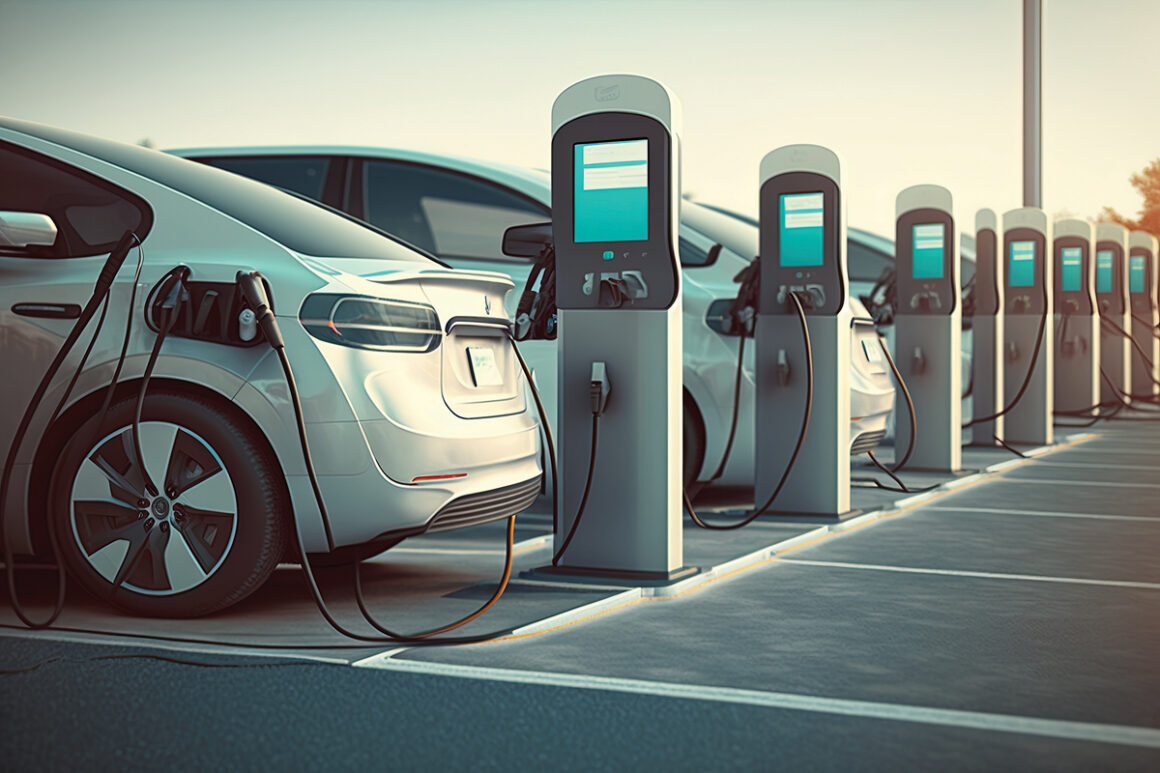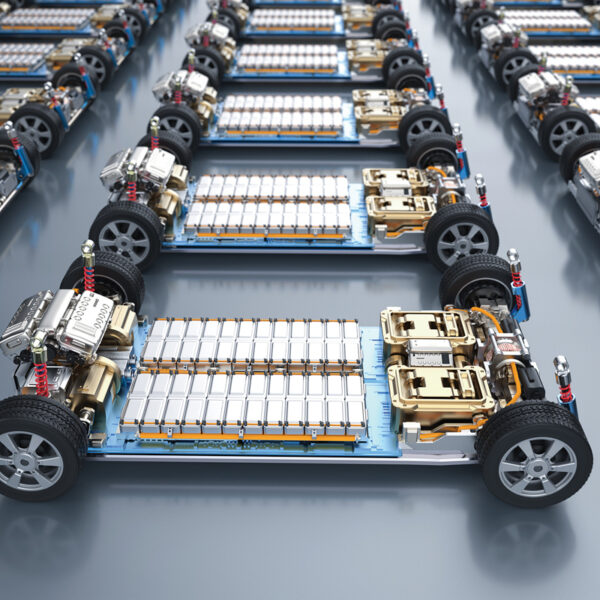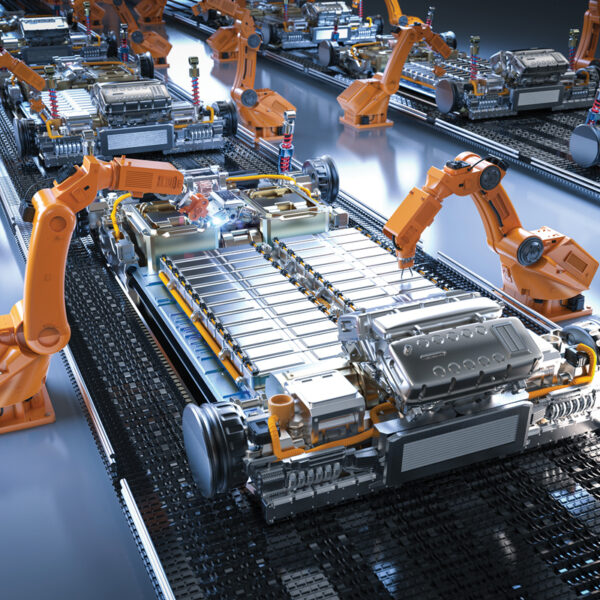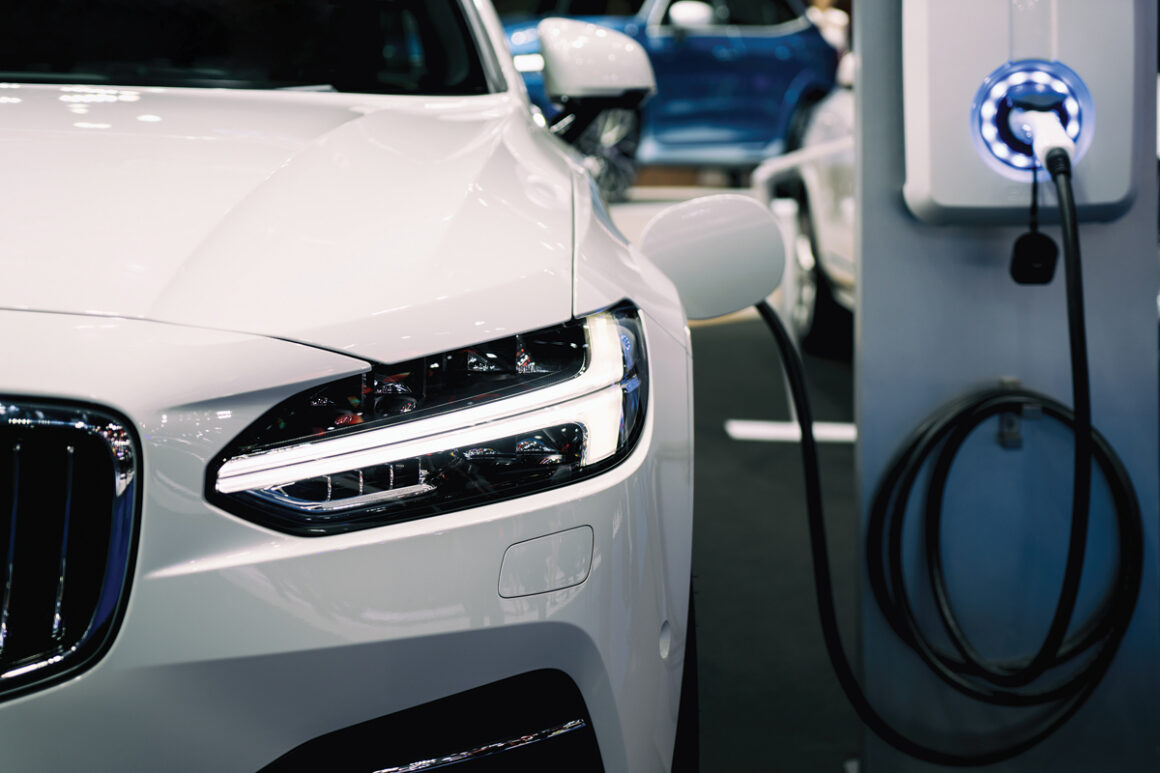Is a 100% Electric Car Future Realistic?
As the world grapples with the challenges posed by climate change, the transition to cleaner and greener transportation has become a pressing issue. Electric vehicles (EVs) have emerged as a promising solution, but is a future where 100% of cars are electric realistic? In this article, we will examine the feasibility and potential obstacles associated with achieving a fully electric vehicle landscape.
Significant progress has been made in electric vehicle technology in recent years. Battery technology has improved, resulting in increased driving range and reduced charging times. Electric vehicles are becoming more affordable and accessible to a broader range of consumers. Furthermore, advancements in renewable energy sources are providing cleaner methods for generating electricity to power these vehicles. These technological advancements create a strong foundation for a future where electric cars dominate the market.
One of the major hurdles in transitioning to 100% electric cars is the need for a robust charging infrastructure. Currently, public charging stations are not as widespread or as convenient as traditional gasoline stations. Extensive investment and expansion of charging networks will be necessary to support the increasing demand for electric vehicles. Additionally, upgrading residential infrastructure to accommodate home charging needs will be crucial. However, with proper planning and collaboration between governments, businesses, and stakeholders, it is possible to overcome these infrastructure challenges.
To achieve a fully electric vehicle future, widespread consumer adoption is essential. While EV sales have been increasing, there are still concerns among consumers regarding driving range and access to charging infrastructure. Range anxiety, the fear of running out of battery power before reaching a charging station, remains a significant psychological barrier for potential buyers. Continued education, incentives, and the development of more affordable electric vehicle models with longer ranges will help alleviate these concerns and drive greater adoption.
While transitioning to a future where 100% of cars are electric presents challenges, it is not an unrealistic goal. Technological advancements, coupled with the expansion of charging infrastructure and increased consumer adoption, can pave the way for a cleaner and more sustainable transportation system. Continued investment, innovation, and collaboration are essential to realizing the vision of a fully electric vehicle future.
I guess, only time will tell if this really is how the future of automobiles looks but until then we will continue to do our part in ensuring a cleaner, safer environment and see where the government and tech giants leads us.




